This sweet and aromatic fruit is rich in vitamin C with a content of 243mg/100gr and other valuable nutrients such as vitamin A, thiamin, niacin, carotene, vitamin E, ribloflavin and many minerals beneficial to health.
Jujube is also known as red date. In the past, Vietnamese people mainly knew jujube in dried form. However, in recent years, fresh jujube has been imported and sold a lot in the fall and is popular because of its delicious taste and rich nutrition.
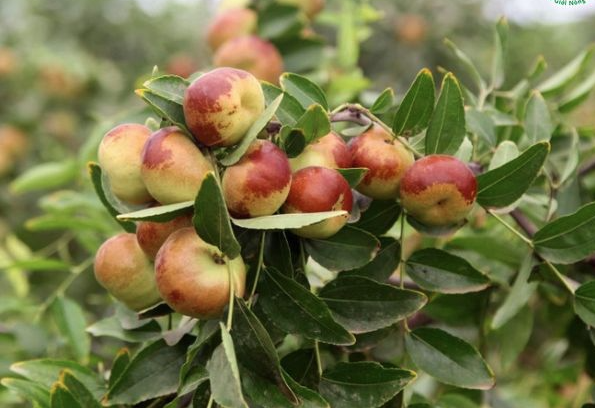
Jujube is rich in vitamins, especially vitamin C with a content of 243mg/100gr. Other valuable nutrients found in jujube include vitamin A, thiamin, niacin, carotene, vitamin E, ribloflavin... In addition, jujube also contains many minerals such as calcium, potassium, iron, selenium.
According to research, 100g of fresh jujube provides 125kcal, 30.5g of carbohydrate, 0.3g of fat, 1.2g of protein, and 1.9g of insoluble fiber.
Is it good for diabetics to eat jujube?
With a GI of 20, jujubes are classified as low glycemic index foods. This means that consuming jujubes in moderation will not cause a sudden spike in blood sugar levels.
With a GL of 4, jujube is a low glycemic food. Thus, consuming about 100g of jujube only causes a small (insignificant) increase in blood sugar levels.
Thus, people with diabetes eat jujubes bring many benefits not only because of the low glycemic index but also because of the low glycemic load of this food.
Uses of jujube for diabetics

Illustration photo
Stabilize and control blood sugar
Jujube is a fruit rich in fiber, especially soluble fiber. Fiber helps slow down the digestion of food, slowing the conversion of carbohydrates into glucose into the blood.
Thanks to that, it effectively controls the risk of hyperglycemia. Research shows that soluble fiber has a positive effect in helping to control and prevent type 2 diabetes.
According to research, replacing glucose with fructose has a positive effect in helping to reduce blood sugar levels after eating. Therefore, jujubes containing fructose are a suitable choice for diabetics.
Reduces insulin resistance
Polyphenol compounds in jujube peel will help stimulate the pancreas to increase insulin production - a hormone that plays a role in reducing blood sugar levels in the body.
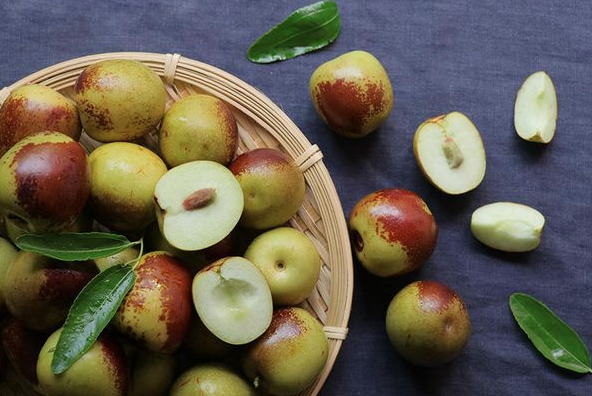
Helps reduce the risk of diabetes
Jujube is rich in antioxidants that help strengthen the immune system, limit the risk of diabetes such as phlorizin, quercetin, chlorogenic acid...
How should diabetics eat jujube?
Jujubes are good for health but should not be consumed in large quantities. How much a diabetic should eat depends on the total amount of carbohydrates in the diet.
If consuming jujube after a main meal, the patient should not eat more than 100g of jujube at a time. If consuming jujube as a snack, the patient should not eat more than 200g of jujube at a time.
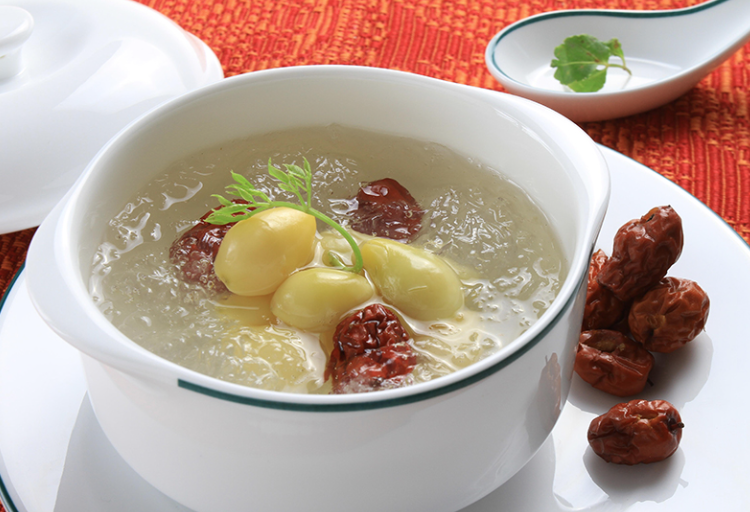
Generally, it is best not to eat more than 15 fruits at a time. Eating too much and eating improperly will damage digestive function, leading to increased stomach acid and bloating.
Note, because the fiber content in apples is very high (1.9%), you must chew thoroughly when eating, otherwise it will affect digestion.
Source: https://www.baogiaothong.vn/loai-qua-ngot-thom-ban-day-cho-nguoi-benh-tieu-duong-an-cuc-tot-192240924130401514.htm


![[Photo] Joy on the new Phong Chau bridge](https://vphoto.vietnam.vn/thumb/1200x675/vietnam/resource/IMAGE/2025/9/28/b00322b29c8043fbb8b6844fdd6c78ea)


![[Photo] High-ranking delegation of the Russian State Duma visits President Ho Chi Minh's Mausoleum](https://vphoto.vietnam.vn/thumb/1200x675/vietnam/resource/IMAGE/2025/9/28/c6dfd505d79b460a93752e48882e8f7e)
![[Photo] The 4th meeting of the Inter-Parliamentary Cooperation Committee between the National Assembly of Vietnam and the State Duma of Russia](https://vphoto.vietnam.vn/thumb/1200x675/vietnam/resource/IMAGE/2025/9/28/9f9e84a38675449aa9c08b391e153183)



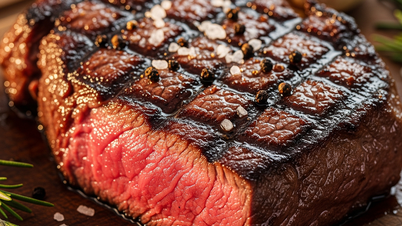


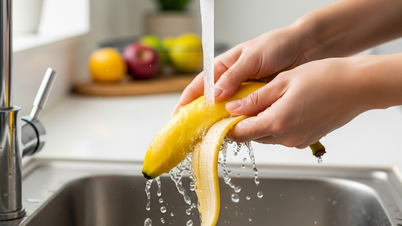
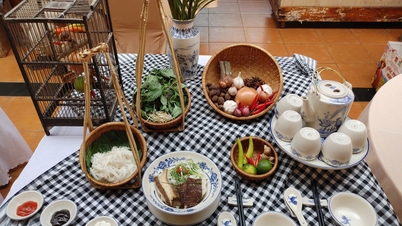

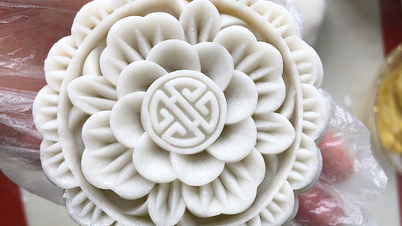





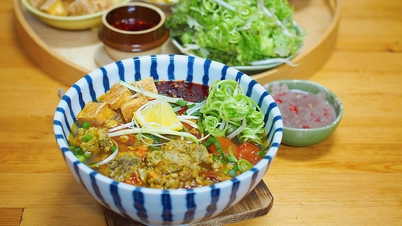













































































Comment (0)